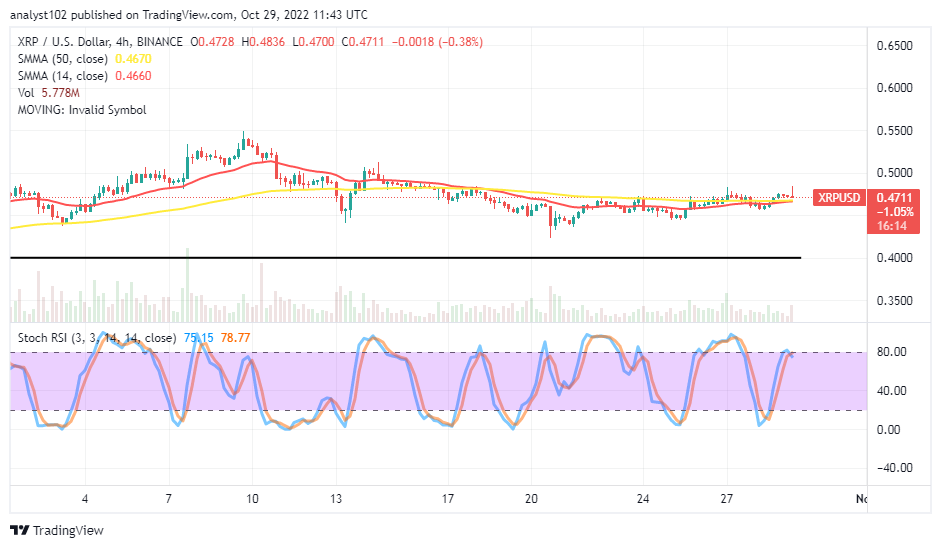
Russian President Vladimir Putin lies.
With abandon, ecstatically.
“There are no Russian troops in Crimea!” he said as spetsnaz units were occupying the peninsula in March 2014.
“Russia will never start a war on Ukraine!” he repeated virtually up to the invasion two years ago.
Putin’s annual state-of-Russia address last week was no different. (Moscow is “not the one who started the war in Donbas,” the Kremlin’s master said.)
Yet in the two hours and close to 10,000 words of phantasms, bombastic claptrap, mucho preening and astounding hypocrisy, something he said sounded like an accurate — and very disturbing — reflection of his real intentions: In essence, he threatened to end Russia’s participation in strategic nuclear-arms control unless the West helps settle the war in Ukraine on Russia’s terms.
This is not the first time Putin has resorted to nuclear blackmail.
In his 2018 state-of-Russia address he showcased all manner of new nuclear weapons — and this time he went down the same list to confirm almost all of them are deployed or about to be.
Among them is the world’s heaviest intercontinental ballistic missiles, Sarmat; the hypersonic air-launched ballistic missile Kinzhal (Dagger); the giant nuclear-armed torpedo Poseidon; the hypersonic nuclear-tipped “glider block” Avangard; and, the most apocalyptic of all, the nuclear-powered Petrel cruise missile, which in theory could stay aloft indefinitely (and which Western experts call a “flying Chernobyl”).
Yet never before has he deployed nuclear scare not merely to intimidate the West but to seek a quid pro quo.
In exchange for Russia staying within an arms-control regime, such as the US-Russian New START Treaty, which expires in two years, Putin demanded that the “important issues of security and stability crucial for the entire planet” be discussed “within the same overall package” as “all the aspects that directly involve the security of Russia.”
Does the United States really hope to discuss “the issues of strategic stability” with Moscow while at the same time seeking to “defeat Russia strategically on the battlefield?” Putin asked rhetorically.
He did not mention Ukraine, but he did not have to: It’s been the Kremlin’s contention all along that in Ukraine it’s engaged in a proxy war with America.
The reason for the Russian dictator’s strategy is not hard to discern.
Putin’s endless bluster notwithstanding, the voracious mole of war burrows into the Kremlin stores’ supply of money and men.
The war costs Russia an estimated $300 million a day, and it kills or wounds 50,000 soldiers every six months.
And for all the bumps and dithering in the United States and Europe, whose combined gross domestic product is almost 40 times that of Russia, outlasting Ukraine and the West for years might be iffy.
Cue the nukes.
The blackmail is not likely to work this time: Much as it might be alarmed at the prospect of Russia’s exit from New START, the White House is not going stop its assistance to Ukraine.
But as Russia sinks deeper into the bloody quagmire, Putin may raise the stakes sharply with the West through a nuclear confrontation.
One way to engineer this horror would be to invade a small country on NATO’s eastern flank, seizing a sliver of its territory in a lightning strike and threatening to unleash a nuclear war if America comes to the defense of the ally under Article Five of the alliance charter.
The most likely targets are Estonia or Latvia, with their sizable population of ethnic Russians in the Narva and Latgale regions, which Putin could claim to be “liberating,” à la Donetsk and Luhansk.
The Kremlin would then declare the seized lands part of Russia and thus covered by Article 27 of the Military Doctrine of the Russian Federation, in which the government reserves the right to use nuclear weapons when “the very existence of the state is threatened.”
Of course, it would be Putin, and Putin alone, who would determine the scale of such a threat.
And as the West contemplates the ghastly choice between Armageddon and surrender, Putin would offer to “step back from the brink” and negotiate a “comprehensive settlement,” which would include Russia’s victorious “peace” in Ukraine.
Although the West is finally waking up to the possibility of Russian aggression against a NATO country, such an attack is projected to happen a few years from now.
In linking strategic nuclear weapons to Russia’s war in Ukraine, Putin’s address indicates the time for such an action by the Kremlin might be much shorter.
The West must begin thinking of dealing with it.
Leon Aron is a senior fellow at the American Enterprise Institute. His most recent book is “Riding the Tiger: Vladimir Putin’s Russia and the Uses of War.”















